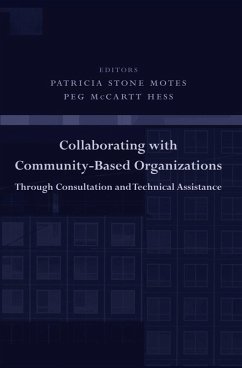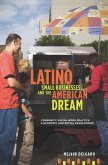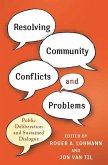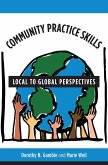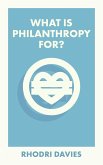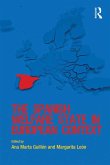Community groups and human service organizations are under a tremendous amount of pressure to strengthen their programs and measure the effectiveness of their work. These challenges have prompted many to seek consultation and technical assistance in order to better plan, develop, and evaluate their services and resources and be more responsive to the needs of funders and the community.
In this volume, practitioners and researchers present methods and strategies for assisting and collaborating with groups and agencies serving families. Helping a community or organization involves many tasks (reaching out to the community, building leadership, developing and planning for action) and requires specialized knowledge and skills. Contributors combine a research-based, theoretical framework with practical guidance to explain this process and offer cross-cultural case studies in a wide range of settings.
The book begins with a discussion of the role of the coach or capacity-building consultant and the related but distinct activities of consultation, technical assistance, and service. The value of empowerment theory, adult learning theory, and change theory, among other theories, are outlined. Special emphasis is placed on the importance of cultural competence-the need to balance diverse needs, ethical mandates, and dilemmas is crucial. The book concludes with a detailed, step-by-step guide for helping an agency or program perform a self-evaluation.
Skilled consultation and assistance enable organizations to better support and strengthen families. While this book is grounded in research, it also reflects the lived experiences of each contributor and illuminates the complex yet vital role of the consultant.
In this volume, practitioners and researchers present methods and strategies for assisting and collaborating with groups and agencies serving families. Helping a community or organization involves many tasks (reaching out to the community, building leadership, developing and planning for action) and requires specialized knowledge and skills. Contributors combine a research-based, theoretical framework with practical guidance to explain this process and offer cross-cultural case studies in a wide range of settings.
The book begins with a discussion of the role of the coach or capacity-building consultant and the related but distinct activities of consultation, technical assistance, and service. The value of empowerment theory, adult learning theory, and change theory, among other theories, are outlined. Special emphasis is placed on the importance of cultural competence-the need to balance diverse needs, ethical mandates, and dilemmas is crucial. The book concludes with a detailed, step-by-step guide for helping an agency or program perform a self-evaluation.
Skilled consultation and assistance enable organizations to better support and strengthen families. While this book is grounded in research, it also reflects the lived experiences of each contributor and illuminates the complex yet vital role of the consultant.
Dieser Download kann aus rechtlichen Gründen nur mit Rechnungsadresse in A, D ausgeliefert werden.

